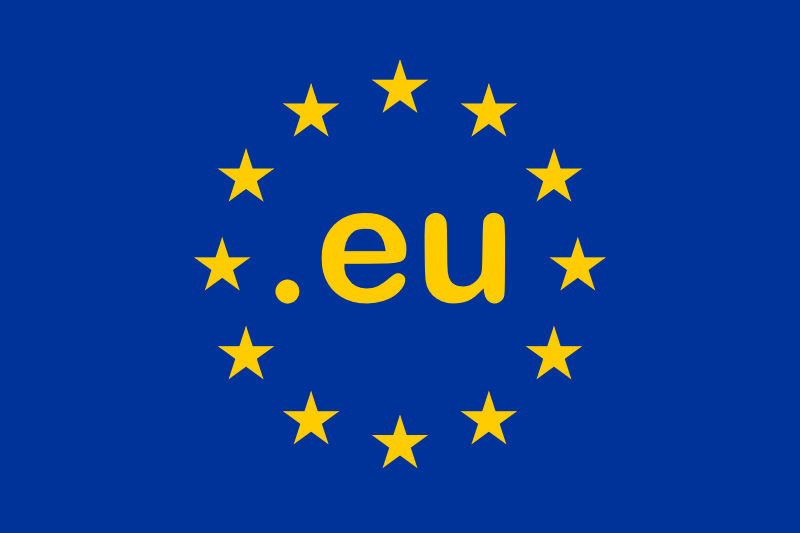EU governments agree binding nuclear safety rules
 Luxembourg/Brussels - The European Union's environment ministers agreed Thursday to make international safety rules on nuclear power stations legally binding, a move which Brussels believes could serve as a model for the rest of the world.
Luxembourg/Brussels - The European Union's environment ministers agreed Thursday to make international safety rules on nuclear power stations legally binding, a move which Brussels believes could serve as a model for the rest of the world.
The proposal, tabled by the European Commission in November and backed by the European Parliament, was formally endorsed by ministers at a meeting in Luxembourg.
EU member states are free to decide whether to resort to nuclear energy or not, and there are currently 146 working nuclear reactors in the EU, spread across 15 member states. France is by far the biggest producer, with 59 reactors providing 77 per cent of its electricity.
Some of the EU's reactors, such as Lithuania's Ignalina plant, were built on the same design as Ukraine's infamous Chernobyl power station. Others, like Slovenia's Krsko plant, caused an EU-wide scare last year after a coolant leak, though no radioactivity was released.
However, officials in Brussels stressed Thursday that enforcing the safety rules set out by the International Atomic Energy Agency (IAEA) would not require member states to raise their existing standards.
"It simply makes what are now voluntary standards legally binding," said Ferran Tarradellas, spokesman for EU Energy Commissioner Andris Piebalgs.
The EU executive in Brussels said that by becoming the first major regional nuclear actor to provide binding legal force to the IAEA's safety standards, the EU could serve as a model for the rest of the world.
"Continuous development of nuclear safety is a responsibility not just for Europe, but for the world," Piebalgs said. (dpa)